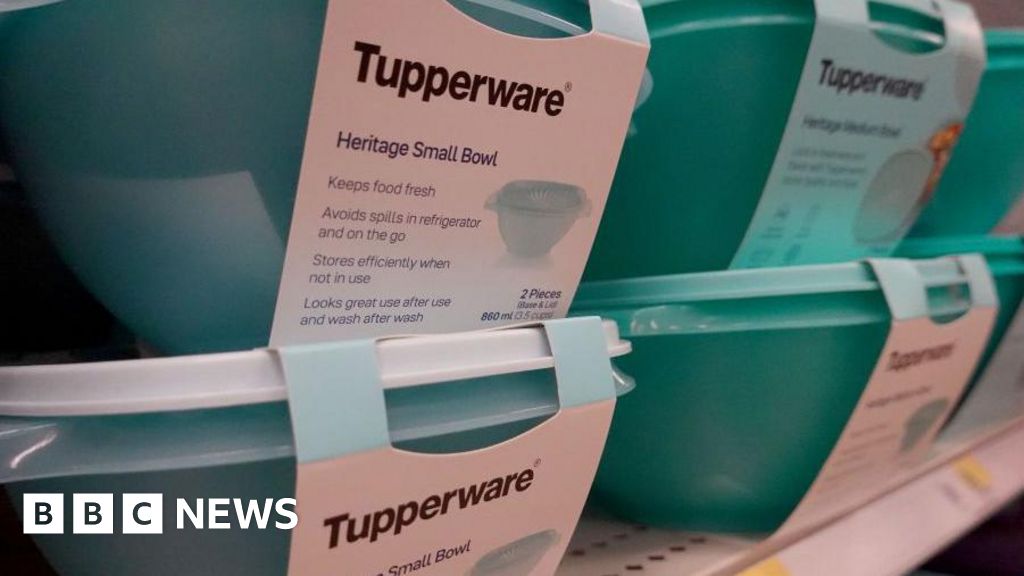Many Nigerians have continued to lament the increasing cost of Liquefied Petroleum Gas (LPG), known as cooking gas, in spite of government interventions.
Some residents of the Federal Capital Territory (FCT), who spoke to the News Agency of Nigeria (NAN) on Sunday in Abuja, stressed the urgent need for the government to address the high cost of cooking gas.
This according to them would help alleviate some of the challenges being faced by Nigerians.
NAN reports that 1kg of cooking gas is being sold for between N1,300 and N1,400 depending on the location and refilling a 12.5kg cylinder now costs between N16,000 to N17,000 as against N12, 500 to N13,000 in June and July.
It will be recalled that in June and July, cooking gas dropped to as low as N1,050 per kg, however, the price increased in the subsequent months
The National Bureau of Statistics (NBS) latest cooking gas report for July showed that the average retail price for refilling a 5kg Cooking Gas cylinder decreased by 14.23 per cent on a month-on-month basis from N6,966.03 recorded in June 2024 to N5,974.55 in July 2024.
Also, the average retail price for refilling a 12.5kg Cylinder Cooking Gas decreased by 9.37 per cent on a month-on-month basis from N15,736.27 in June 2024 to N14,261.57 in July 2024.
A businesswoman and mother of three, Funke Bamidele,said the increasing cost of cooking gas was one of the many challenges facing Nigerians as it was the main source of cooking in many homes.
“When we thought the price of cooking gas had reduced a few months ago, we woke up to another increase.
“Many families use cooking gas in their homes, and if the price keeps increasing, it will pose a serious challenge to families as we are barely managing to survive the harsh economic situation.
“Fuel is expensive, Kerosene is expensive, diesel is expensive, gas is expensive. How does the government want Nigerians to survive?
“The government should try to ease these burdens Nigerians are facing. We keep hearing promises from them but we are not seeing any concrete change.”
A retiree, Nancy Lelo, appealed to the government to find a lasting solution to the high price of cooking gas.
“I still remember when 12.5kg used to be N7, 000. Now, it is more than double the price.
“The government needs to make life easy for Nigerians.
If only the price of cooking gas can come down it will offer some succour to Nigerians.
A civil servant, Nafisa Bello, said she used cooking gas and had been using a charcoal stove as an alternative because of the high cost of gas.
“We just have to find a way to cope on our own because the government is not helping matters. Fuel, gas, and kerosene are all expensive. Even charcoal is not cheap again.
“Government should please try for us. The suffering is too much. The government says we should move to cleaner energy sources, but they are not making it affordable for the average Nigerian,” she said.
An environmentalist, Christian Chibuzor,said it was a good thing the government was trying to promote the use of cooking gas. However, they needed to make it affordable for all Nigerians to purchase.
“Using cooking gas will help lower carbon emissions compared to traditional firewood, charcoal, or kerosene, which will help mitigate climate change.
“Cooking gas use will also reduce deforestation which would preserve forests and biodiversity and improve air quality, thereby, reducing respiratory diseases.
“But if the price remains high, the transition to cooking gas will be difficult to achieve, especially in rural areas. Therefore, the government must demonstrate commitment to reducing the price.
“If the government distributes gas cylinders to people and those people cannot afford to buy the gas, we will be back to square one,” he said.
An economist, Dr Ayo Anthony, attributed the increasing price of cooking gas to two variables- shortage of supply and the exchange rate.
Anthony said the demand for cooking gas elasticity was very high because it was an essential commodity.
Anthony, however, said to address these causes, the Federal Government had to boost the country’s source of foreign exchange, which was a monetary issue.
“When we boost the source of our foreign earnings, the supply of cooking gas will be more than the demand.

 2 days ago
25
2 days ago
25















 English (US) ·
English (US) ·